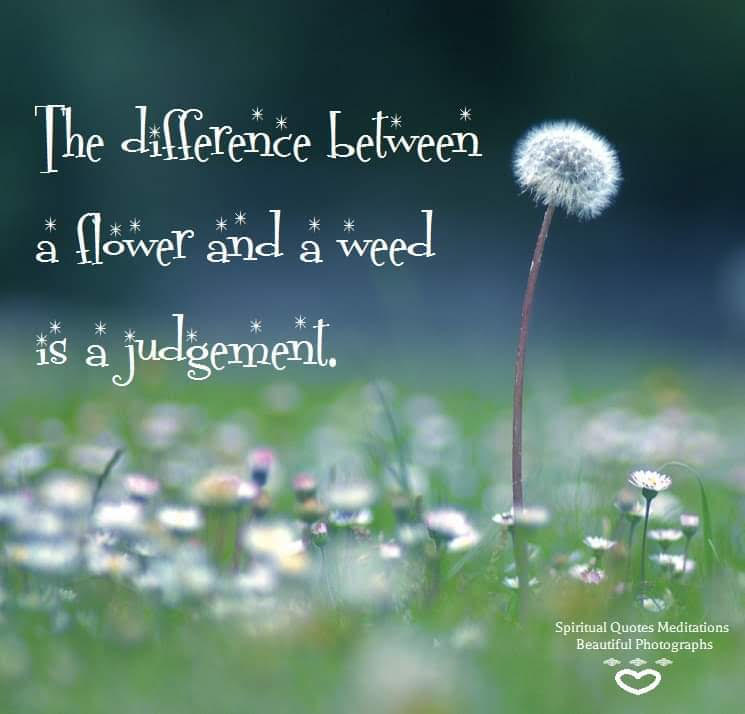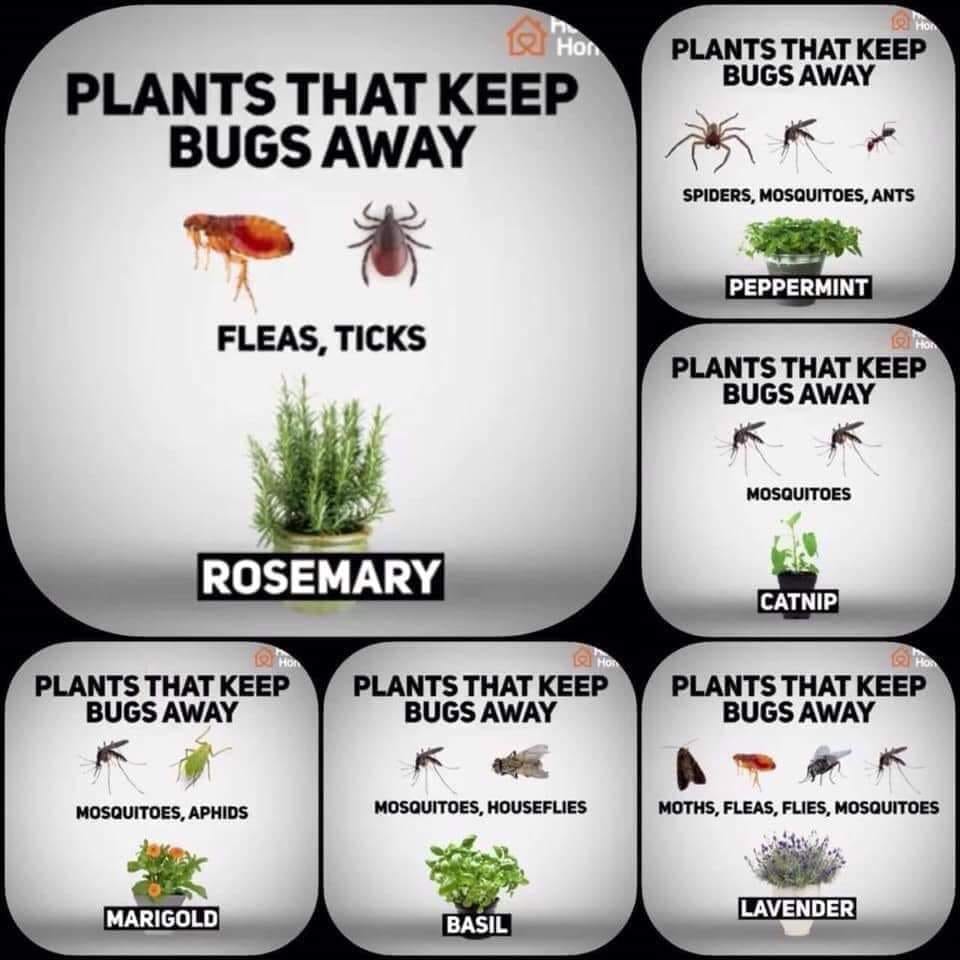What is a Christian butterfly?
Read Small Things Count! to find out and to discover
how you can become one.
Please browse through the pages of this website to see what Small Things Count is all about. Meet the author, Jackie O’Donnell, on the About the Author page. Go to About the Book to learn something about the book and discover the “We-Attitudes.” On the Sample the Book page you can read some of what the book contains. Want to know what people think about it? Then check out the Readers’ Comments page (actual unsolicited comments from readers) and the Critical Reviews page (book critic reviews). There’s even a discussion guide for your study group–just copy it from the Study Guide page. Lastly, click on Blog to leave a comment or dialog with me and others.
If you like what you see, you can order a FREE copy (just $5.00 S/H) by contacting the author at [email protected] or downloading it FREE at your favorite eBook provider (see details at https://smthingscount.com/my-free-ebooks).
I hope you enjoy Small Things Count–Simple Ways to Live Christ’s Love Each Day. Let yourself laugh a little, cry a little, feel a bit of anger and even guilt as you recognize yourself. Then put the ideas into practice and be part of building a better world.







